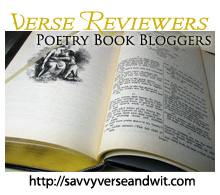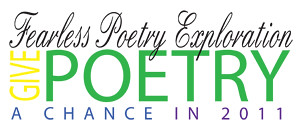
Just be warned that these posts can increase your TBR piles and wish lists.
Here’s what I received this week:
1. Alice Bliss by Laura Harrington from the author for review and her BookCrossing.com experiment.
2. The Lost Wife by Alyson Richman from Penguin for review.
3. Horoscopes for the Dead by Billy Collins, which I purchased for myself after I read it from the library.
4. Bloody Valentine by Melissa De La Cruz, which I purchased from Borders.
5. The Boat by Nam Le, which Anna bought for my birthday gift.
What did you receive this week?






